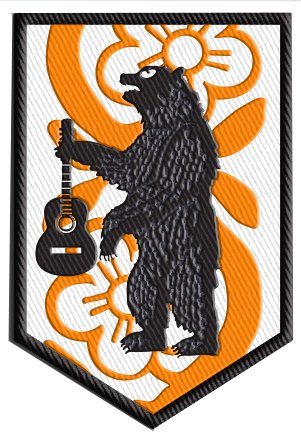
21-22 February 2022
Prifysgol Bangor University
Registration:
http://re-inventing-live-events.bangor.ac.uk/register.php.en
Has Covid-19 killed the live event? Many in the Creative Industries fear so (e.g. Biado: 2020), and there is evidence to suggest that audiences will only gradually return (e.g. Audience Agency 2021). The creative responses from arts practitioners during the Covid-19 lockdowns are therefore likely to be central to the revitalisation of public engagement with live arts events following the pandemic. Can we say with confidence: ‘Long live the live event!’? Post-Covid, the live event will certainly be different. Our online conference aims to share ideas, experiences and findings around new kinds of art event. We are particularly interested in small scale events which are not mainly pursued online. Together we will explore the diverse creative responses which have emerged to meet the challenges presented by the pandemic in relation to live events, audience engagement and the creation of ‘liveness’. The online conference will bring together arts practitioners, audiences, stakeholders, funders and researchers.
We welcome proposals by artists, researchers, funders and stakeholders for either 15-minute presentations or for collaborative workshops of 45 minutes. We welcome case studies of arts practices, examples of live event formats developed during and for pandemic times, discussions of best practice for collaborations with funders, artists and stakeholders as well as research findings related but not limited to the following questions:
• How do pandemic-related changes to conditions of production affect art-making for live events?
• What are the creative solutions explored by artists across genres to re-invent live events (e.g. site-specific, multi-media, participatory) under Covid-19 restrictions?
• How do Covid-19 restrictions affect the intrinsic power of live events to generate a sense of community and enable shared experiences?
• How do audiences respond to innovative live arts events, which might appear experimental and unfamiliar to them?
• How does the pandemic change audiences’ understanding and appreciation of live arts events?
• What new ways of collaborating emerged from pandemic-related restrictions?
• Do the conditions foster new local cross-arts activities (poetry and dance; visual arts and poetry; performance and music etc.)?
• How do artists address, reflect and resolve the issue of bodily co-presence (e.g. appropriating site-specific and multimedia features)?
• How can the creative paradigmatic shift to local small-scale live events be sustained for post-Covid-19 recovery (cultural, social, economic)?
• What lessons to learn from the pandemic beyond the pandemic?
